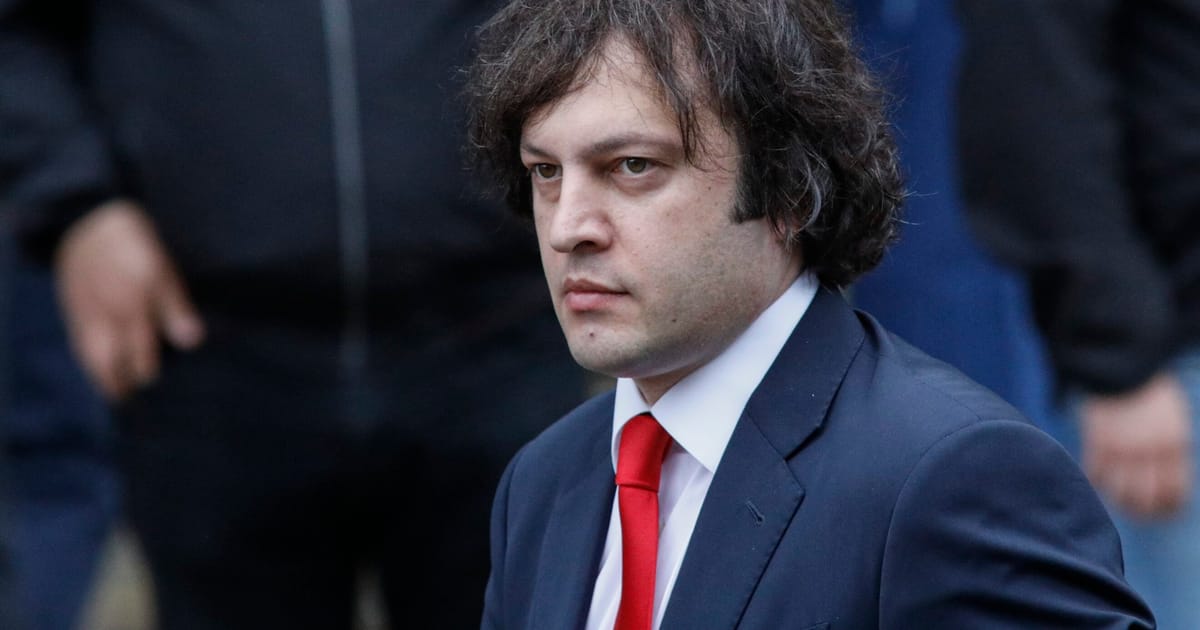

In recent days, significant developments have transpired across various regions, providing moments of contemplation and engagement on the international stage. These events reflect a diverse array of political adjustments, diplomatic advances, and collaborations that continue to shape the global community.
In Georgia, the political landscape witnesses an intriguing dialogue as Prime Minister Irakli Kobakhidze expresses a dismissive response to a visa-free travel ultimatum posed by the European Union. The EU’s foreign policy chief, Kaja Kallas, had raised concerns over democracy and foreign influence. The Georgian leader’s response underscores the complexities of maintaining national sovereignty while engaging with international bodies, a nuance central to global diplomacy. This interaction draws attention to the delicate balance each nation must achieve in pursuit of their sovereign interests while navigating the intricate web of international relations.
Meanwhile, in Ukraine, President Volodymyr Zelenskyy undertakes a significant government reshuffle. This move is perceived as an effort to rejuvenate Kyiv’s political dynamism amid mounting pressures from both regional and global actors, including Russia’s Vladimir Putin and former U.S. President Donald Trump. This reshuffling aims to provide new momentum and strategic alignment within Ukraine’s governance, highlighting Zelenskyy’s commitment to fortifying his administration’s resilience amid external pressures.
Turning to the Asia-Pacific, a notable diplomatic endeavor unfolds as Australian Prime Minister Anthony Albanese is warmly received in Beijing. Through a series of fruitful dialogues with Chinese President Xi Jinping and successful business engagements, this visit marks a potential thawing of previously strained relations between the two nations. Albanese’s diplomatic efforts, including retracing historical diplomatic endeavors, symbolize a potential rejuvenation in bilateral ties. Local media and observers have praised this visit as a diplomatic success, reflecting Australia’s strategic approach in balancing economic and diplomatic relationships.
In the realm of international cooperation, Portugal reinforces its commitment to the Community of Portuguese Language Countries (CPLP) by having Paulo Rangel represent the nation at the summit held in Guinea-Bissau’s capital. This assembly of Portuguese-speaking nations underscores the importance of linguistic and cultural ties in fostering solidarity and collaboration. The involvement of Portugal’s representatives in such dialogues highlights the country’s dedication to maintaining and enhancing its role within this community, showcasing the enduring bonds that cultural and linguistic affinities can nurture among nations separated by geography yet united in purpose.
Each of these events serves as a reminder of the continuous evolution in global politics and international relations. They emphasize the necessity for calm, mindful engagement and steadfast diplomacy in addressing the multifaceted challenges and opportunities that arise on the world stage. Through these concerted efforts, nations continue to navigate the complexities of our interconnected world, fostering peace, understanding, and cooperative development.
As the global community observes these developments, it becomes ever more apparent that the path forward lies in mindful, deliberate dialogue and action. By embracing thoughtful diplomacy and fostering collaboration, nations can build a more harmonious and interconnected world, one conversation and one decision at a time.
Source: {link}
